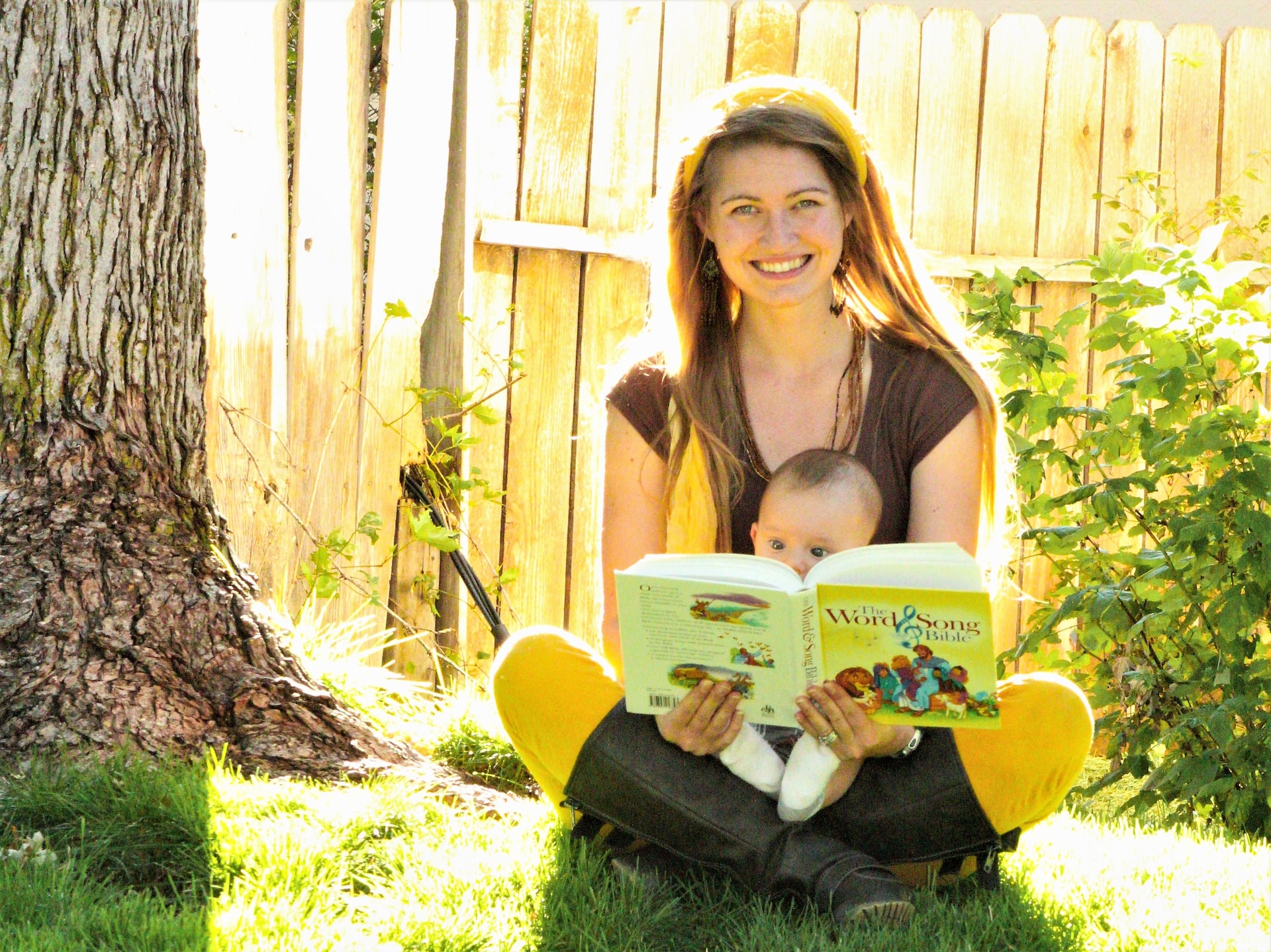Children with Covid-19 infection have often shown some symptoms similar to those associated with a rare illness called Kawasaki disease — such as rashes and inflammation.
However, other symptoms of Kawasaki disease have been absent.
In fact, such symptoms have also shown in children who tested negative for Covid-19.
The first such cases started getting reported since April, from the US and Europe.
Doctors in India have started seeing such cases over the last few weeks. Last month, the World Health Organization (WHO) termed this new illness “multisystem inflammatory disorder”.
What is Kawasaki disease?
It affects children. Its symptoms include red eyes, rashes, and a swollen tongue with reddened lips — often termed strawberry tongue — and an inflamed blood vessel system all over the body. There is constant high fever for at least five days. The disease also affects coronary functions in the heart.
The disease derives its name from a Japanese paediatrician, Tomisaku Kawasaki, who reported the first case in 1961 — a four-year-old boy — and later found similar cases in other children. The doctor, 95, died on June 5 this year in Tokyo.
What causes Kawasaki disease is not yet known. “What we do know is that it is an immunological reaction to an infection or a virus. A child’s immunity system responds to a particular infection and develops these symptoms,” said Dr Mukesh Agrawal, Head, Paediatrics Department in KEM Hospital, Mumbai.
What is the link with Covid-19?
Children with Covid-19 are mostly asymptomatic or develop mild symptoms. It has been in rare cases that children with Covid-19 have shown symptoms similar to those of Kawasaki disease, 2-3 weeks after getting infected with coronavirus.
In India, too, the cases (including some children who tested negative for Covid-19) that have been coming up have shown some of the symptoms associated with Kawasaki disease, but with some differences.
What have these symptoms been?
A 14-year-old girl, admitted to Kokilaben Dhirubhai Ambani Hospital in June, came with high fever and rashes. She tested Covid-19 positive. One June 26, she was admitted to the ICU and was critical, but has since recovered and was discharged on Saturday.
Dr Tanu Singhal, paediatric infectious disease expert at the hospital, had said (before the teen recovered): “She has rashes and high fever like Kawasaki, but other symptoms like red eyes, red tongue are not present. Her heart is swollen but coronary functions are not affected like in Kawasaki.” In June, Singhal treated two other similar cases in children with Kawasaki-like symptoms in Mumbai, but they tested Covid-19 negative.
In Bai Jerbai Wadia Hospital, paediatric cardiologist Dr Biswa R Panda has come across four cases in the last three months with Kawasaki-like symptoms, of whom two required ventilator support.
“But all four were negative for Covid-19. That does not rule out Covid-19 — it is possible that by the time we did RT-PCR test for the throat sample, it came negative and antibodies had been developed.”
The four children had rashes, inflammation in entire blood vessel system, but again “did not entirely fit in Kawasaki disease definition”, Panda noted.
Kawasaki typically affects children aged under five. In Covid-19 cases, even adolescents are presenting these symptoms. While Kawasaki involves coronary changes, this has not been the case with all Covid-19-positive children with Kawasaki-like symptoms.
The strawberry tongue may or may not be present in those with Covid-19.
So, it is not exactly Kawasaki?
The Royal College of Paediatricians and Child Health (RCPCH) has observed that this syndrome shares symptoms with other inflammatory syndromes in children like “Kawasaki disease, staphylococcal and streptococcal toxic shock syndromes, bacterial sepsis and macrophage activation syndromes”.
“It can also present with unusual abdominal symptoms,” it says.
The RCPCH says that in multisystem inflammatory syndrome, children may or may not test positive for Covid-19 and show inflammation, persistent fever, single or multi-organ dysfunction. The cases seen in Wadia Hospital match these criteria.











